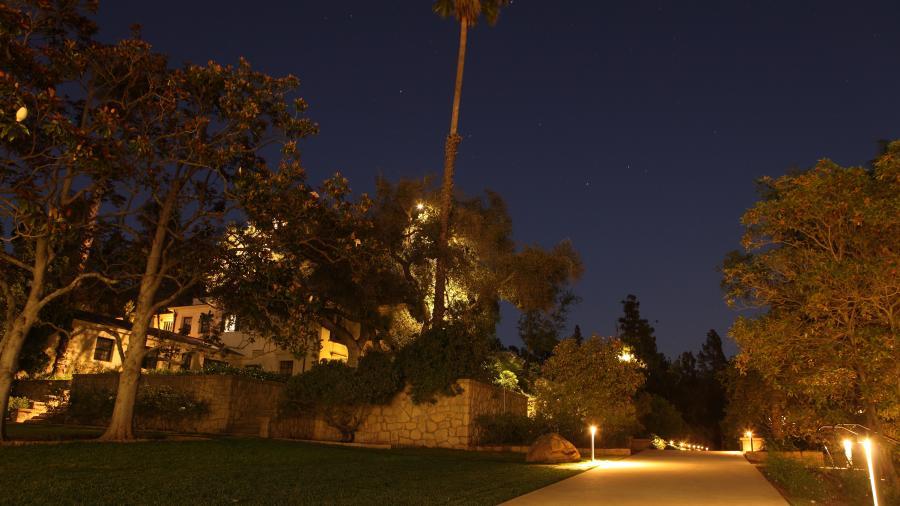
A few months ago, my roommate was out of town and I was feeling artsy and a little pretentious, so I decided to watch the film Antichrist, directed by Lars Von Trier and starring Willem Dafoe and Charlotte Gainsbourg. Unless you have an exceptionally strong stomach and feel comfortable sitting in conflicting emotions, I’m not sure if I recommend it.
The movie focuses on a husband and wife who have recently lost their infant child. As the grieving woman slips into an intense depressive episode, her husband, a psychiatrist, decides to treat her in their family woodland cabin where the mother and son had spent the child's last summer. As the husband attempts to tame emotion through reason, he learns that old monsters—unrealized and uncontrolled—lurk in that forest. And then everything tragically regresses from there.
Beautifully shot, the film captures grief with all its numbness and pain. I have read a few reviews labeling the cinematography as “sterile,” but I would lean more towards “ghostly.” Von Trier, in every frame, reminds us of the lushness of life, as well as its absence in the couple’s current situation.
However, this movie also presents many dark themes in gut wrenching ways. Under the guise of an Edenic allegory, the narrative swirls around the processes of grief, marital love, reason versus emotion, and the history of violent misogyny without offering satisfying or reassuring conclusions. Antichrist is beautiful, bitter, huanting, nauseating, and angering.
Because of these emotions, I cannot get the film out of my head. Antichrist’s insinuation that, despite our best intentions, personal and societal issues, ranging from grief to misogyny, are difficult to overcome, offends our inner sense of justice. This notion that pain is cyclical and that those fighting oppression can easily become the oppressor betrays our hope for progress and peace.
However, this phenomena exists, and it continues to tear the Westmont community apart. We live on a campus where we pray for understanding and justice, yet where students of color feel unsafe and unheard. We live within a community with a female majority, but where the male voice often supersedes all others.
I’m not sure what we do with this conclusion, especially now. Forced into isolation, these issues remain on hold until next year, but continue to arise in our community. Just a few weeks ago, there was a back and forth in the Horizon about intersectionality. These issues will not be swept under the rug, and will have to be addressed when we return to campus. Like Brendan Fong wrote in a Horizon article a few months ago, many solutions have been tried, but they have been ignored by the majority of Westmont. The steps we take from here might start by us acknowledging that, as a body of Christ dedicated to spreading the glory of the Kingdom, we have often failed. We have not spread the peace and justice of the new age, but have taken away peace and justice from others. Acknowledging that fact, gaining a consciousness of our sins, might be the only way we step out of the cyclical rut of violence Antichrist depicts.